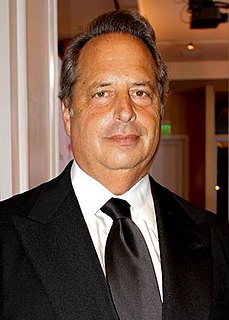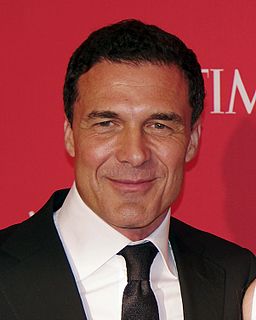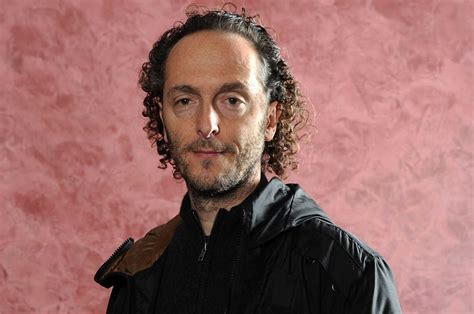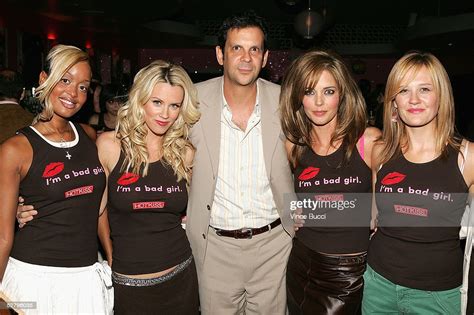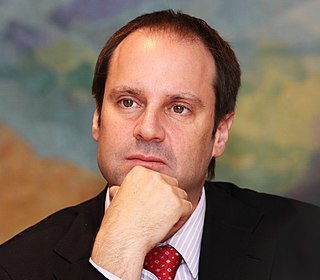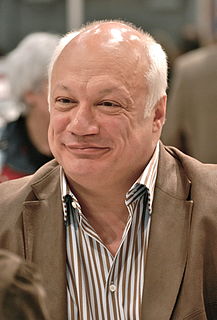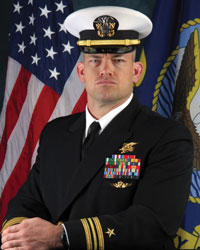A Quote by Gary Ross
As a writer and a director, I simply don't have the time I need to write and prep the movie I would have wanted to make because of the fixed and tight production schedule.
Related Quotes
Despite recent speculation in the media, and after difficult but sincere consideration, I have decided not to direct 'Catching Fire.' As a writer and a director, I simply don't have the time I need to write and prep the movie I would have wanted to make, because of the fixed and tight production schedule.
The director makes the movie. The director has to have the story in their head, has to know the style of the piece, has to answer questions from actors, design, set, lighting, every department throughout the pre-production, production, and post-production, because they've got it in their mind. They've got to know exactly what they want and what the style and story of the movie is. It's them. They make it.
If you want to be a writer, all you need is a piece of paper and a pencil, and I had a manual typewriter. It doesn't cost money to write. It costs money to make art. So I would just write. I would hand out stories in the classes in high school. And the teacher would say, "Whatever you do, don't become a writer."
My teachers believe that the creative producer's job is to service the vision of the director, to stay within schedule and budget, and to get the studio what they need, but you work for the director to get their vision on the screen. That's not how everyone approaches producing, but it is certainly how directors like you to approach producing. How I was brought up is that my job is to help you make the movie you want to make.
I think I'm an extremely conscientious producer and now equally as a director and it gives me the opportunity to look at the entire movie and really allow the movie to be the creative vision of the actors, the writer and myself, because I'm in charge of it from a producer and a director point of view.
I wanted to become a director before I wanted to become a writer. When I was 10, people would ask me what I wanted to be when I grew up, and I said, 'Walt Disney.' I wanted to make films. But I wasn't offered a camera. I was offered language. So I started telling stories in the theatre and then in my novels.

